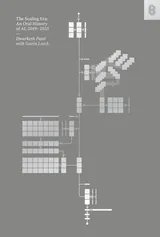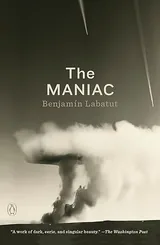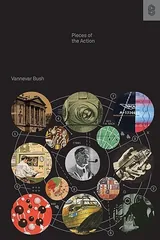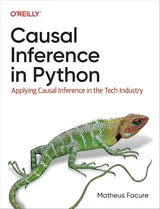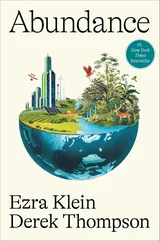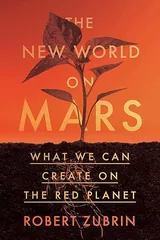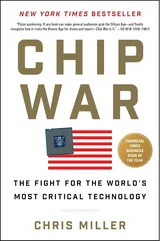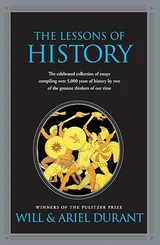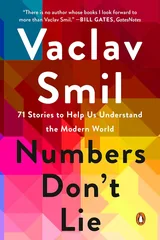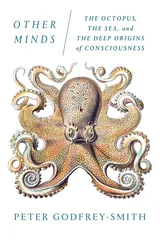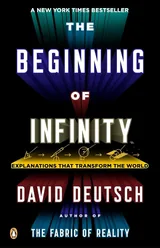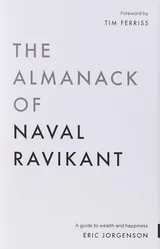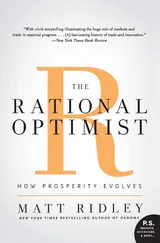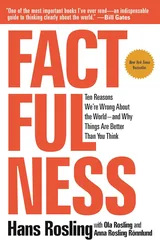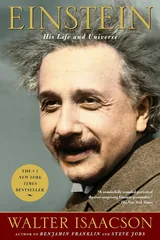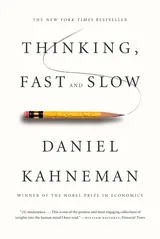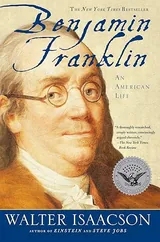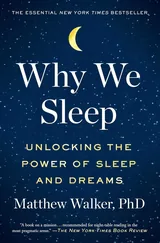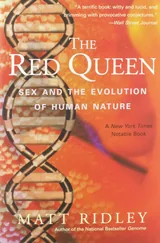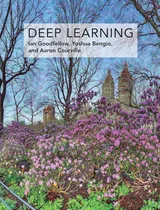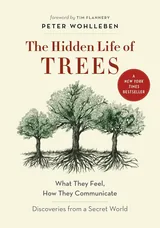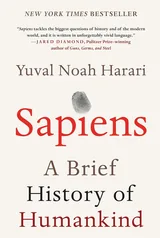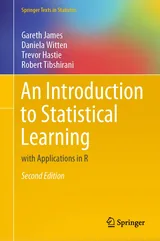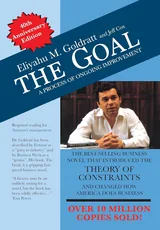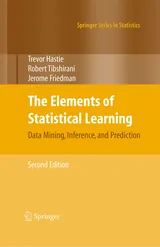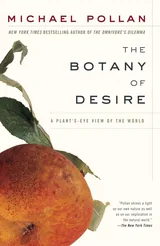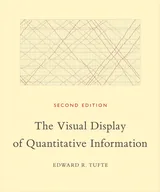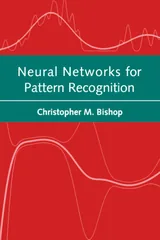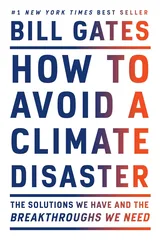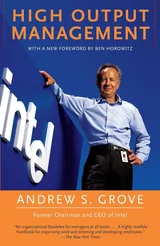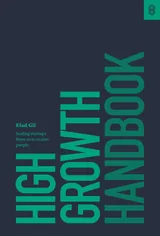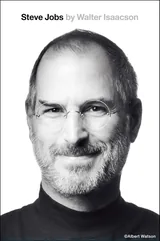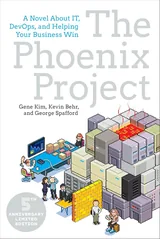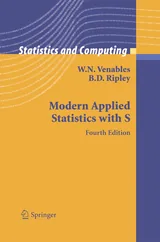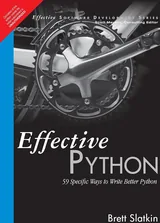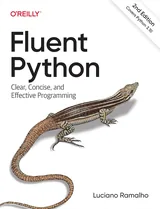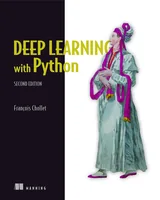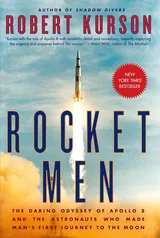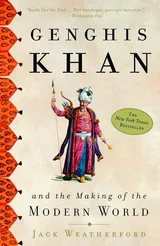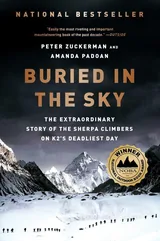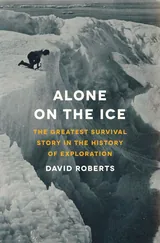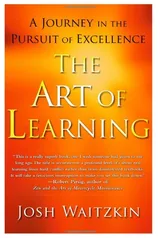Reading
Favorite books that have influenced my thinking.
The Scaling Era: An Oral History of AI, 2019-2025
As a recent follower, I was excited to read The Scaling Era, which organizes excerpts from his conversations leading up to 2025 in a single place. Dwarkesh, in text form, has a real advantage. The material is laid out topically, moving from scaling and evals through safety, impact, and the possibility of an explosion. Reading it gave me time to pause on assertions, research the individuals making them, and, of course, debate with AI along the way.
The tradeoff is that conversational context is lost. You don’t get a strong feel for the people he’s speaking with or their broader perspectives. I want to return to a handful of key interviews from this period and listen to them uninterrupted.
I enjoyed guests speculating about the very near future the most, largely because we are now there and can validate it against reality. Much rang true, perhaps because many of these ideas were already known at the frontier well in advance of filtering to the rest of us. Only time will tell whether the more distant predictions hold up.
I loved reading this book. It filled in many nuanced gaps in my understanding of the current state of the art and how we arrived here. The physical book itself is also beautifully produced, with clear typography, thoughtful margin definitions, a subtle progress bar, elegant footnotes, and visualizations that genuinely add context. I don’t usually praise such things, but in this book, they really mattered.
I hope that someday soon, Dwarkesh publishes a sequel to his book, titled "The Singularity Era: An Oral History of AGI, 2026-????". I'll be waiting.
The MANIAC
A portrait of Von Neumann’s life, seen through fictionalized letters written by his family, friends, and colleagues. Framed by a tragic account of the theoretical physicist Paul Ehrenfrest, and the dramatic Go matches between Lee Sedol and AlphaZero. Labatut draws connections between madness, power, intelligence and AI that are powerful, if at times naive or contrived. The result is an awe-inspiring impression of Von Neumann’s brilliance and his uncanny foresight into the future of computing and AI at the dawn of the digital age.
Pieces of the Action
Vannevar was FDR's science advisor during WWII, and shepherded tech from penicillin to proximity fuses to the atomic bomb. His advice on aligning scientists with the hierarchical war effort applies to any tech org. The challenges he saw the US facing in the 1970s, compared to the progress we have made and what we face today, is heartening. His vision for the future of personal computing (the Memex) was prophetic if incomplete. Written in 1970 and republished in 2022, it could have used a firmer edit, but Bush's voice and anecdotes shine through. I gained an entirely new perspective on innovation and its messy deployment in practice.
Causal Inference in Python: Applying Causal Inference in the Tech Industry
Teasing causality from data is one of the most subjective and challenging tasks that data scientists face. This book provides a thoughtful, fun to read, and practical introduction to causal inference. It covers a lot of ground, from causal graphs to synthetic controls to ML estimates for user level treatment effects. By weaving together theory and code, Facure turns what’s often an abstract topic into something directly usable in industry settings. The math notation is not always clear, but the code examples and reasoning are fantastic. Much of what's here I had to figure out over the course of my career. Other ideas were entirely new to me - and I can't wait to apply them.
Abundance: What It Takes to Build
I found this book to be timely and exciting, as it is written by respected journalists from the left and clearly diagnoses the failures to support the supply side required for achieving Abundance as a society. They convincingly argue that homelessness stems from a simple fact: we don’t build enough housing. They identify many of the factors crippling our ability to build in liberal cities. They illustrate how well-meaning special interests on the left can cripple legislation like the CHIPS act. They explain the history of legal tools created to fight abuse of the commons in the 60s and then explain how those same tools are now used by all to obstruct progress. They critique our federal science apparatus for being too risk averse and bureaucratic. I didn't leave the book with a clear blueprint for what should come next, but I hope this book inspires the start of one.
The Alchemy of Air
We could have all starved, and by the end of the 19th century, that was the prevailing belief. But then we mastered turning air and fuel into fertilizer. Hager begins with the limits of organic farming and a world reliant on a few remote deposits of guano and nitrates before guiding us into the modern era of synthetic fertilizer. He builds fascinating portraits of Haber, the scientist who solved the chemistry, and Bosch, the industrialist who scaled it. Both were brilliant, deeply troubled men who became entangled in Nazi Germany. The book weaves an engrossing tale of how scientific discovery and complex engineering went hand in hand, and how our salvation from starvation also laid the groundwork for two world wars.
